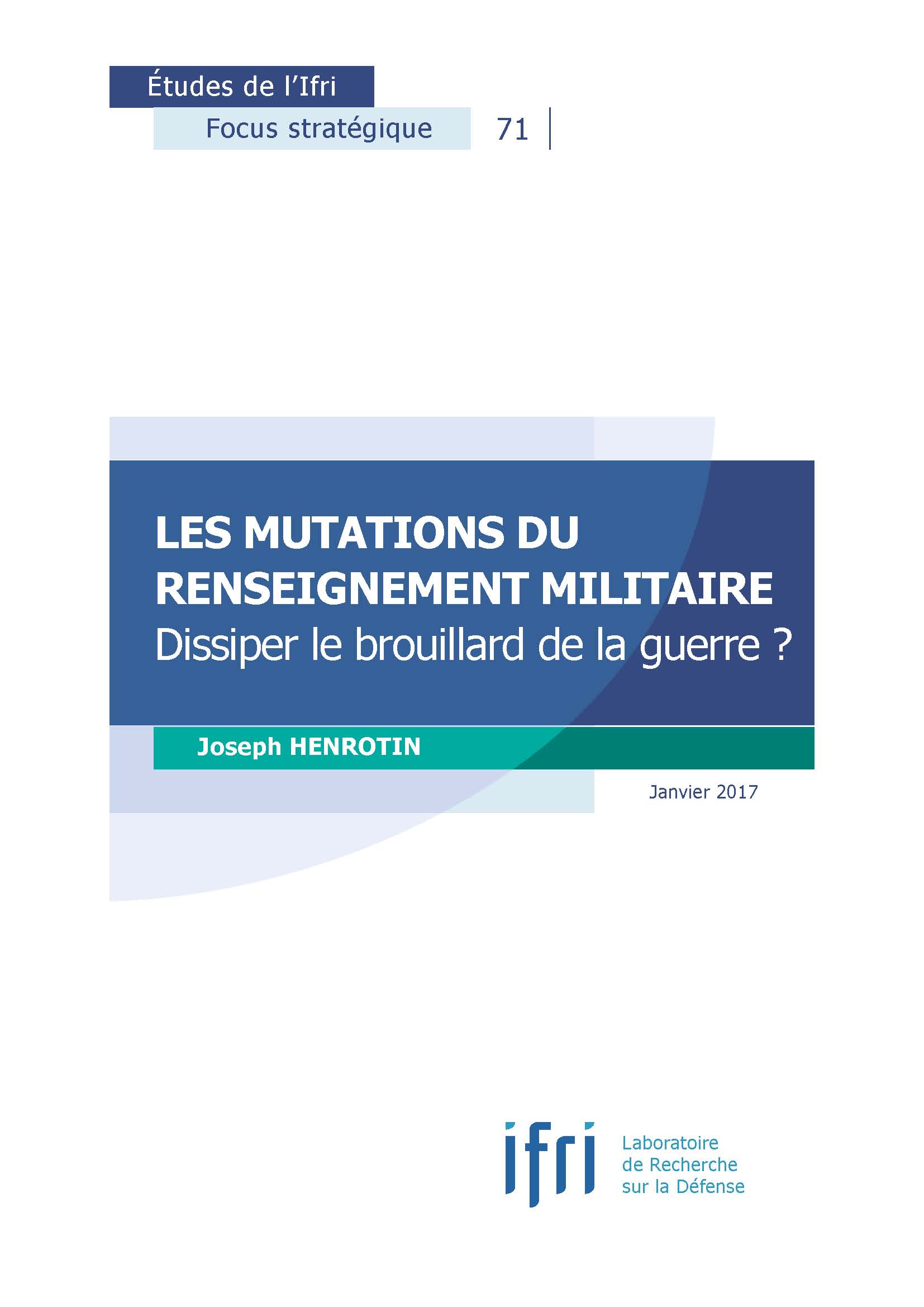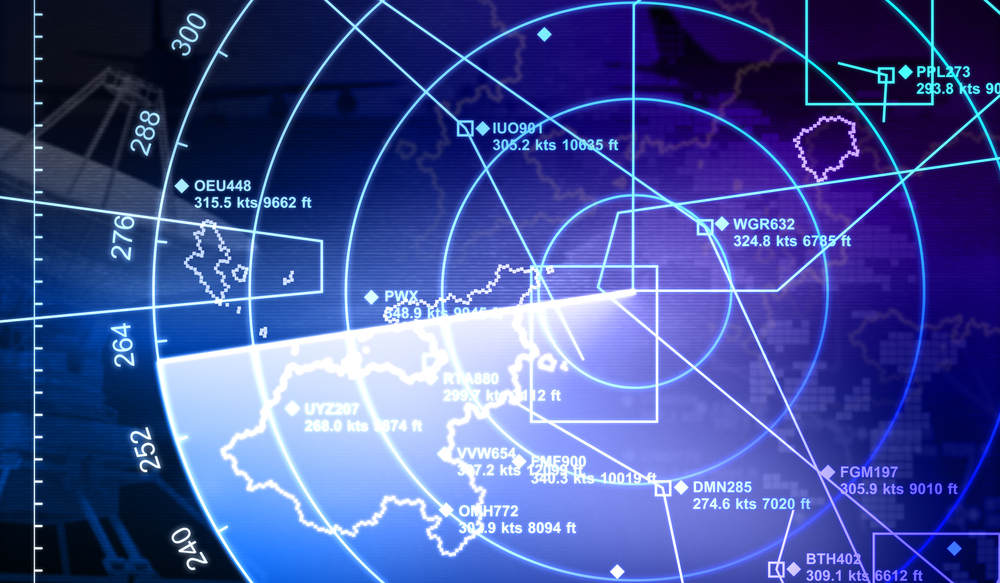Les mutations du renseignement militaire : dissiper le brouillard de la guerre ?

Military intelligence has evolved significantly as a result of advanced technology and the changing character of war.

In the 1990s, military intelligence was at the core of the “revolution in military affairs”, carrying the hope that it would help dissipate the fog of war and increase transparency on the battlefield. However, because of the last two decades of military operations, this transformation has proved challenging. Confronted with increasingly complex opponents, Western armed forces have had to adopt the concept of “military interest intelligence”, which widens the scope of its mission. In France, this transformation has borne many questions regarding intelligence organization and capabilities at both the service and joint levels. Given current technological challenges, both for collection and analysis, the future of military intelligence depends, more than ever, upon the amount of human and financial resources political and military leaders choose to allocate to this domain.
This content is available in French : « Les mutations du renseignement militaire : dissiper le brouillard de la guerre ? »
Related centers and programs
Discover our other research centers and programsFind out more
Discover all our analysesMapping the MilTech War: Eight Lessons from Ukraine’s Battlefield
This report maps out the evolution of key technologies that have emerged or developed in the last 4 years of the war in Ukraine. Its goal is to derive the lessons the North Atlantic Treaty Organization (NATO) could learn to strengthen its defensive capabilities and prepare for modern war, which is large-scale and conventional in nature.
"Iron Swords" A Military Analysis of Israel's War in Gaza
On October 7, 2023, Hamas' attack, dubbed “Al-Aqsa Flood,” caused a major shock and led Israel to launch the longest war in its history. Operation “Iron Swords” was notable for its unprecedented intensity, both in terms of the massive ground forces deployed and the firepower used.
Saudi Arabia’s Nuclear Temptations. Lessons Learned from Regional Instability
Saudi Arabia’s integration in the international arena and regional stability, notably through reducing its dependence on fossil energies, are crucial elements for the success of the Kingdom’s Vision 2030, the Crown Prince’s top priority. However, Mohammed bin Salman’s declarations in 2018 and 2021, indicating that “if Iran develops a nuclear bomb, we will follow suit as soon as possible”, combined with the recent strikes on key Iranian nuclear facilities, do not bode well for the future of the Kingdom, the region and the non-proliferation regime at large.
The Future of Air Superiority. Command of the Air in High Intensity Warfare
Air superiority, understood as control of the air, is a cornerstone of the Western art of warfare. It is a decisive condition, albeit not sufficient by itself, to achieve military victory, as it enables the concentration of air power toward the achievement of wider strategic objectives and protects other components from unbearable attrition levels. It is best achieved through the offensive use of air power in a joint effort to neutralize the enemy’s air power.










